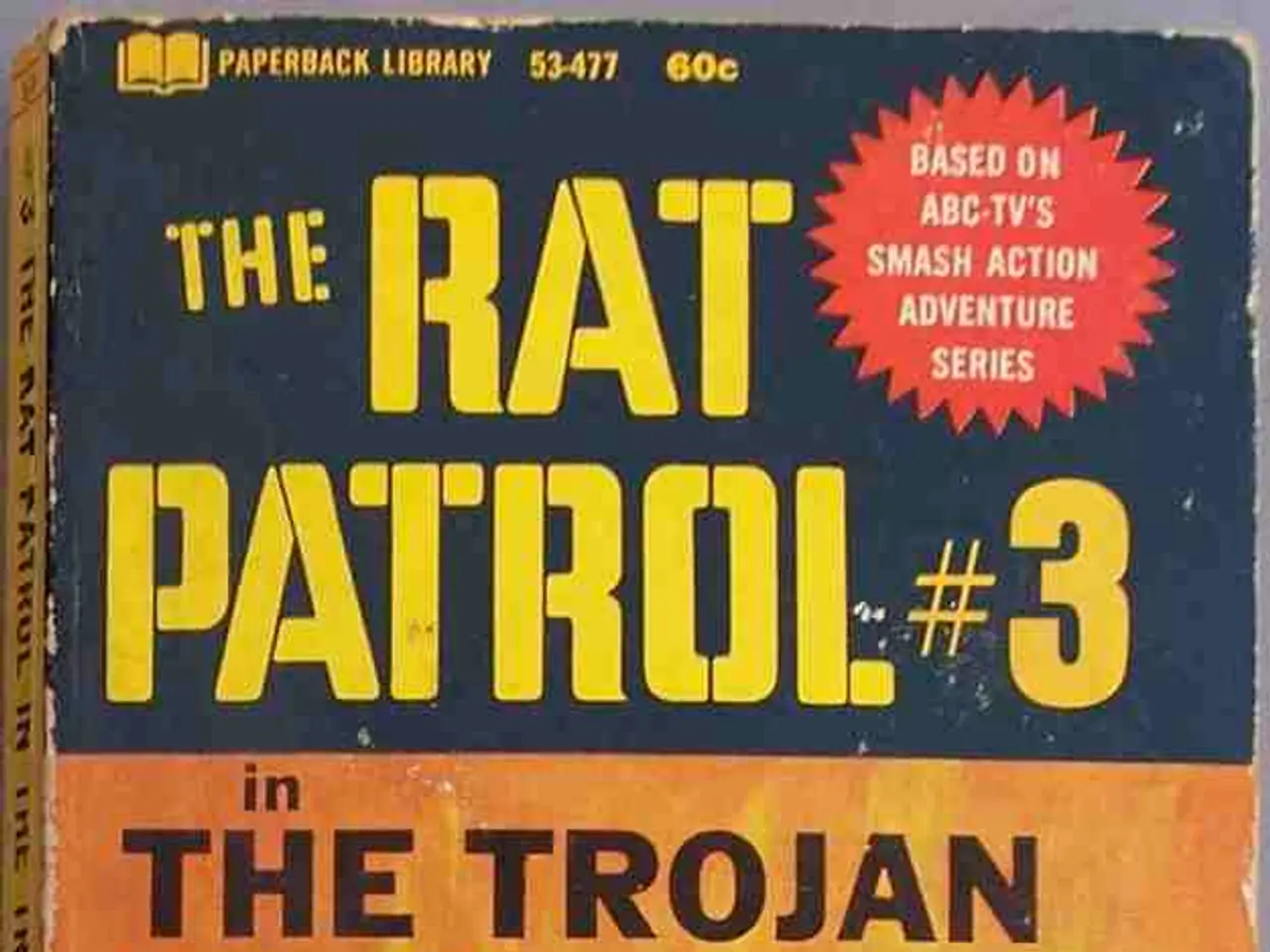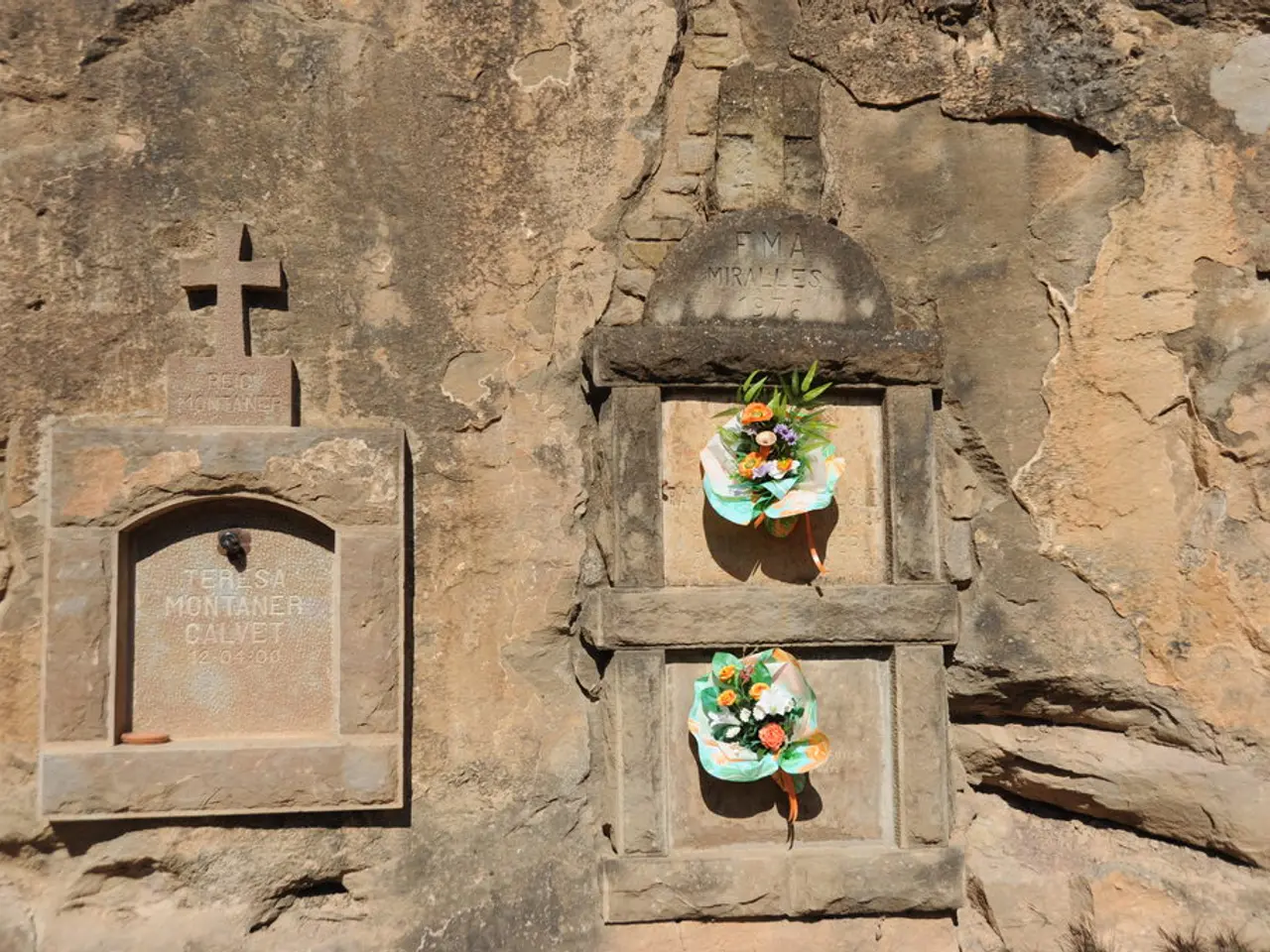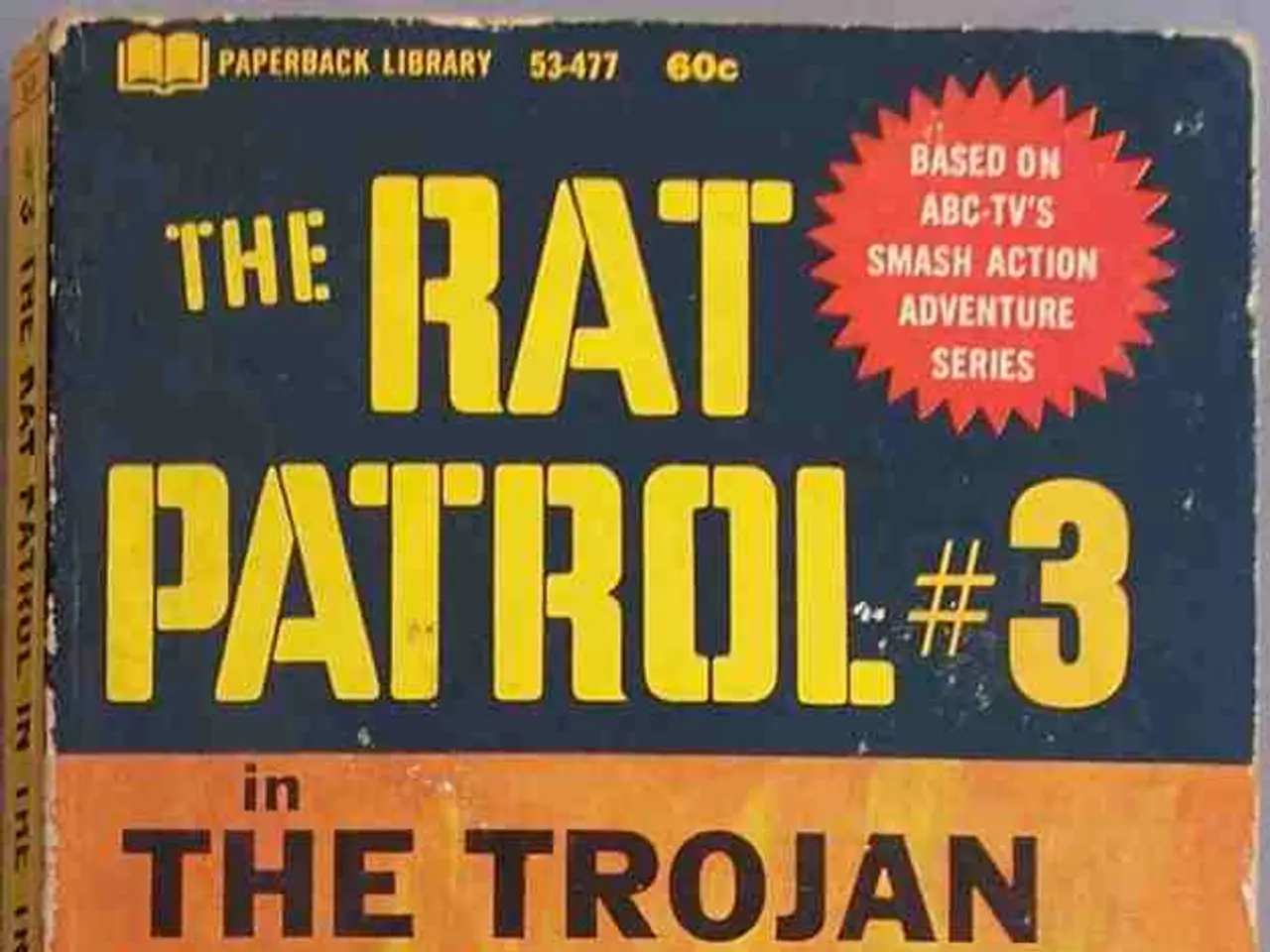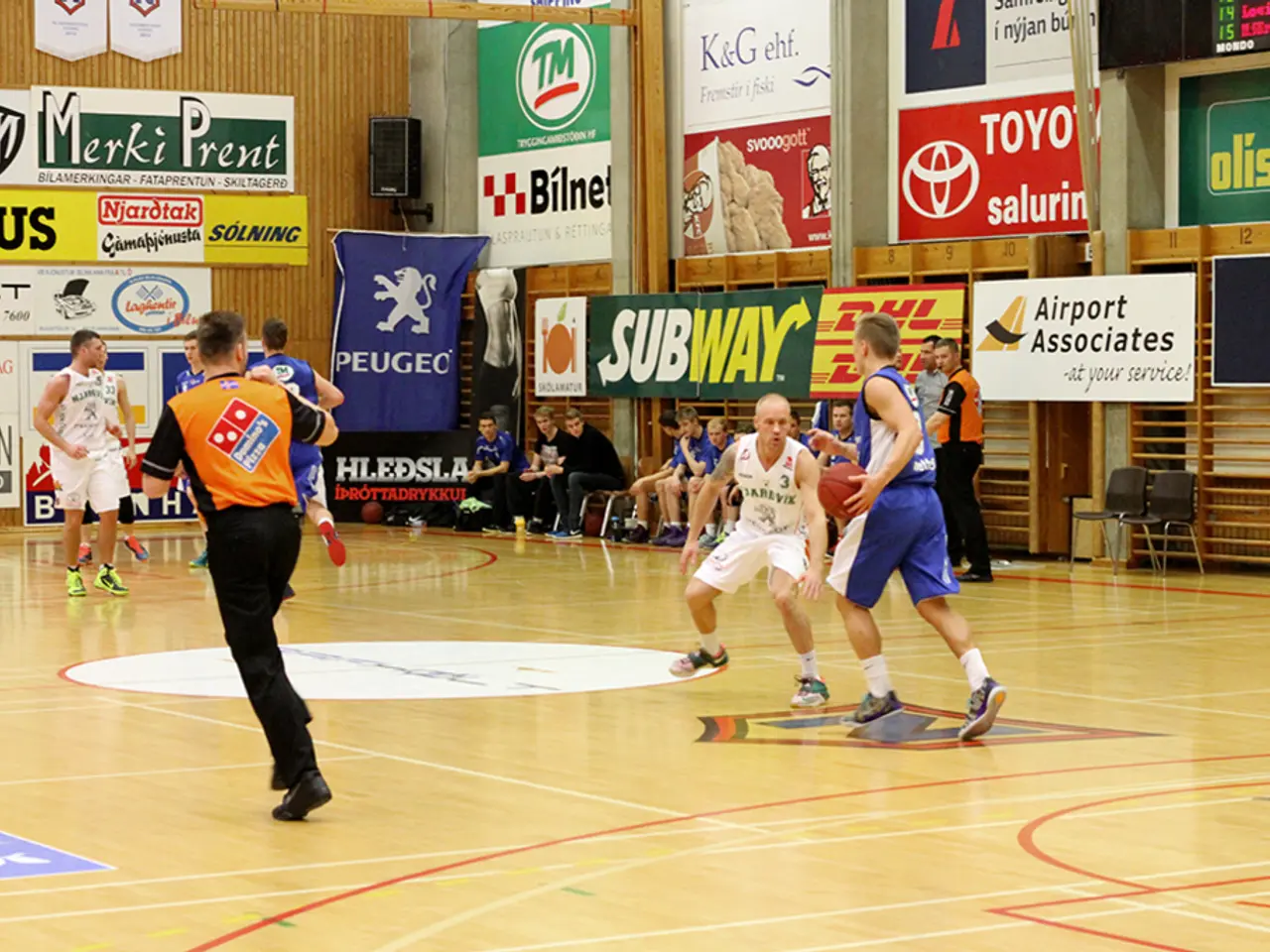"Bombshell" White House: No Uranium Move Prior to U.S. Attack on Iran's Nuclear Sites
Uranium acquisition by Iran unsuccessful prior to U.S. assault
In the aftermath of the U.S. military strikes against Iranian nuclear facilities, a fierce battle for narrative dominance has kicked off: Did the U.S. completely annihilate Iran's nuclear aspirations or merely postpone its nuclear program? Trump's spokesperson aims to squash the latter assumption.
The White House has dismissed rumors that Iran might have shifted its highly enriched uranium before the U.S. attacks on its nuclear facilities. "Let me make this clear: the United States had no evidence whatsoever that enriched uranium was moved before the attacks," stated Karoline Leavitt, Trump's press secretary, in an interview with Fox News. She went on to label such rumors as "bogus."
"What currently remains is 'buried beneath miles of rubble,'" Leavitt added, referring to the attacks executed by B-2 stealth bombers with GBU-57 bunker-busting bombs, a submarine attack on a third facility using Tomahawk cruise missiles, and Trump's description of the attacks as "an incredible military triumph."
On Tuesday, U.S. media outlets cited a preliminary intelligence report suggesting that the attacks had only delayed Iran's nuclear program by a few months, with most centrifuges and enriched uranium stocks still intact. Moreover, only the entrances to some facilities were blocked, rather than underground buildings being destroyed.
IAEA Locked out
But Trump continued to assert on Wednesday, during the NATO summit in The Hague, that Iran's nuclear facilities had been "completely obliterated." He also announced that his defense minister, Pete Hegseth, would be addressing the media at 8 a.m. local time (2 p.m. CEST) to "vindicate the valor of our gallant American pilots."
Trump's intelligence chiefs, too, contradicted speculation about the status of Iran's nuclear facilities. CIA Director John Ratcliffe revealed that new intel from a "precise and dependable" source indicated that "several major Iranian nuclear facilities have been annihilated and will require years to reconstruct."
However, the head of the International Atomic Energy Agency (IAEA), Rafael Grossi, raised doubts. The IAEA has been unable to inspect uranium stocks since the conflict's commencement, Grossi said in a French TV interview. "I'd hate to suggest it has been misplaced or hidden," he added, speaking about Iran's enriched uranium.
Ceasefire in Effect
According to the IAEA's assessment, Iran has approximately 185 kilograms worth of uranium enriched to 60%. Enriched to 90%, this amount would easily yield at least nine atomic bombs.
The hostilities between Israel and Iran resumed on June 13, with Israel launching a "preemptive" large-scale assault on Iran over its advanced nuclear and missile programs[3]. Though Iran counterattacked with massive barrages against Israel, a ceasefire took effect between the two adversaries on Tuesday.
In other words, the U.S. strikes crippled Iran's nuclear enrichment infrastructure, leading to a significant operational setback temporarily slowing Iran's nuclear advancement. However, the exact quantitative extent of this delay has not been publicly disclosed. The attacks have also inflicted severe damage to Iran's nuclear credibility, leaving Tehran with a strategic conundrum[1][2].
Sources: ntv.de, jog/AFP, [1], [2], [3]
- USA
- Iranian nuclear program
- Iran
- Donald Trump
- Military operations
- Despite the dispute over the impact of the U.S. military strikes on Iran's nuclear facilities, the White House's employment policy, as outlined by Karoline Leavitt, states unequivocally that there was no movement of highly enriched uranium before the attacks.
- The IAEA's inability to inspect uranium stocks, as mentioned by Rafael Grossi, is a matter of concern in the larger political context of war-and-conflicts, general-news, and community policy, specifically employment policy regarding international inspections and non-proliferation.








